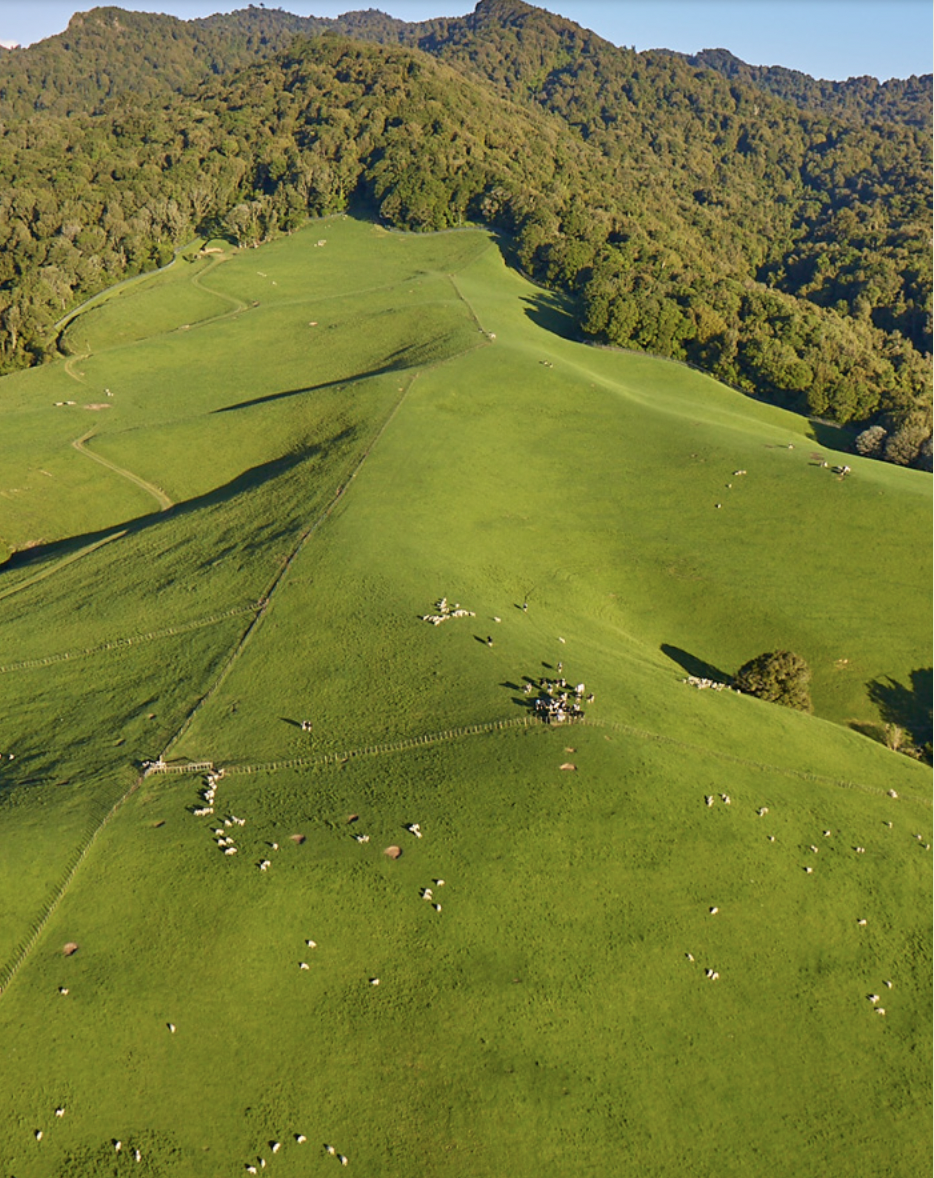
Health & nutrition

For more information contact:
Kaylene Larking
Introduction
As an industry, we are committed to the health and wellbeing of New Zealanders, supporting them to make healthy choices, backed by sound science.
New Zealand red meat is a healthy choice, we call it nature’s power pack – delivering a lot, in a little – with one of the lowest environmental footprint systems in the world.
Naturally raised, our beef and lamb are naturally low in sodium and delivers high-quality bioavailable protein with all the essential amino acids along with iron, zinc and B vitamins.
This unique package of nutrients enables optimal growth and development in childhood, as well as maintenance of health, helping fight fatigue and supporting immunity and general wellbeing throughout adulthood and well into old age.
Eaten in moderation, with plenty of vegetables, red meat is an important part of a healthy diet. In fact, up to three meals containing lean red meat per week is recommended by the New Zealand Ministry of Health Eating and Activity Guidelines – which aligns with the World Cancer Research fund’s global recommendations.

PROJECT:
Making meat better
Knowing how our food is produced, and the implications for our health and the health of the planet, is more important now than ever before.
With growing public concern around the impact of farming, chemicals and additives, there’s a lot to look out for – and a lot of info to chew on!
So get more facts in your diet – and see how New Zealand’s natural production systems make a real difference to the things we all care about.
The sector’s health & nutrition story
Pasture-raised meat contains more omega-3 polyunsaturated fat than grain-finished meat. Unsaturated fats are more beneficial for health than other fats.
PRA reseach shows meat alternative is very different from real meat; the product in this trial had less protein and more fat than cooked red meat. It did not contain any long-chain omega-3 fatty acids.
In laboratory simulators, the proteins in striploin and tenderloin were shown to be better digested than meat alternatives, .
Digestion of meat from pasture-raised animals released greater levels of good fats relative to bad fats than those from grain-finished animals.
120g of beef or 19 cups of cooked silverbeet provides a quarter of a woman’s daily iron needs.
Lean red meat is a great source of zinc, essential for many functions, including growth, brain development, immune and sensory function, antioxidant protection and behaviour.
Latest health &
nutrition news
-
Agriculture central to NZ’s economic strategy
New Zealand’s red meat sector is calling on the future Government to put agriculture and the production and export of beef and lamb at the heart of a new economic strategy.
-
New Study Highlights Differences in New Zealand Beef
Pasture-raised beef is the cornerstone of the New Zealand meat
-
Research confirms red meat nutritional advantage over alternative
Results from ground-breaking New Zealand research have shown red meat

Barriers to International Trade
Gain an in-depth understanding of the complex and evolving trade and tariff environment that New Zealand’s red meat processors and marketers operate in when exporting to over 110 countries.
